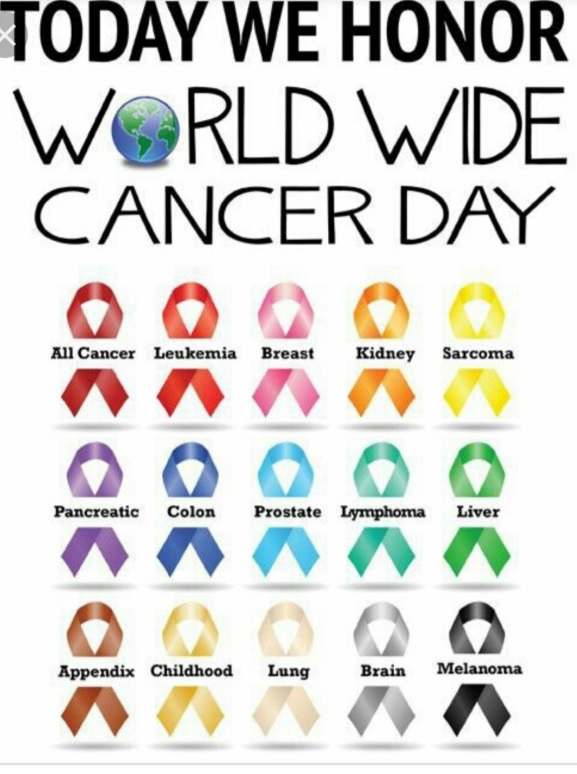Rwanda strengthens combat against cervical cancer on World Cancer Day
Rwanda is also planning to upgrade health centres so that those can start offering tests for non-communicable diseases

- Country:
- Rwanda
World Cancer Day is an international day that is marked on February 4 to augment awareness of cancer and encourage its prevention. An average number of deaths due to cancer was 9.5 million in 2018, which stands a whopping 26,000 deaths a day. Rwanda marked World Cancer Day on February 3 with an interest to encourage the struggle against cervical cancer.
Report from the World Health Organization (WHO) shows that 2018 recorded the highest number of new cases of cervical cancer in Rwanda. New cases of cervical cancer rose by 12.2 per cent to 1,304. The figure is followed by breast cancer at 1,131 cases, colorectal cancer (cancers of the rectum and the colon) at 838 cases, stomach cancer at 803, and liver cancer with 737 new cases, as reported by The New Times.
The Director of Cancer Programme at Rwanda Biomedical Centre, Dr. François Uwinkindi said that the cancer cases reported in hospitals in Rwanda are about half of those in WHO statistics. “WHO puts into account the fact that some cases don’t reach hospitals for diagnosis, therefore WHO statistics are higher than our hospital cases,” he noted.
Rwanda is also planning to upgrade health centres so that those can start offering tests for non-communicable diseases. This is contained the ministry’s seven year programme. According to Uwinkindi, there is a requirement for a good vaccination programme to combat cervical cancer. Rwanda is doing well with coverage of 93 per cent in this arena.
On the other hand, WHO says that countries should have at least 70 per cent of their eligible women vaccinated against the human papillomavirus, the virus that causes cancer. “Vaccination is free and is being provided to girls at 12 years of age. This is done at health facilities, and through campaigns in different places like schools,” he added.
Currently, Rwanda is having five hospitals that can offer treatment to the cancer patients.
ALSO READ
From Imtiaz Ali to Shabana Azmi, check out celebs who attend 'Amar Singh Chamkila' screening
Hepatitis killing thousands daily, WHO warns in new report
Rohingya who moved to island in Bangladesh are learning job skills, says Japanese charity chief
FACTBOX-Who are the elderly Swiss women behind the landmark climate court case win?
WHO sounds alarm on viral hepatitis infections that claim 3,500 lives each day










